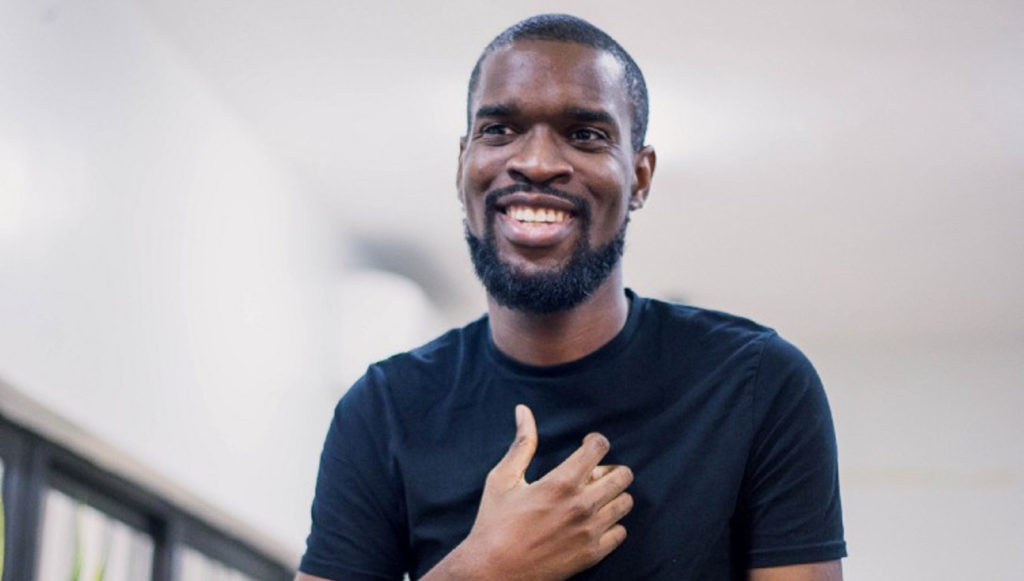Entrepreneurs who help develop real projects on the blockchain is what is likely to drive African regulators to begin regulating cryptocurrency and blockchain. So, believes Nigerian Yele Bademosi, the director of Binance Labs, the venture arm of cryptocurrency exchange Binance.
Bademosi is also the founder of Nigerian seed funding platform Microtraction, which has recently made several investments in startups in the West African countries (the most recent was in a healthtech startup — see here). It’s not clear why Bademosi took a job with Binance.
No ad to show here.
In a phone call with Ventureburn last week, Bademosi (pictured above) said most African regulators have adopted a “wait-and-see approach”, but would begin to act once they saw entrepreneurs deploying projects that solve real issues — such as financial inclusion, and improve things such as identification (ID) systems or develop solutions that tackle corruption.
“In my mind when we begin to see real projects in use, I will be very surprised if a government comes out and is like oh we want to ban this particular technology,” added Bademosi.
Binance Labs’ incubation programme for crypto and blockchain startups kicks off in Lagos on 25 March
“What will happen is that because of this concept of competitive governance wherein one or two or three (regulators) approve blockchain and they begin to benefit from their adoption of the technology, the other governments will be like ‘wow this stuff is interesting, let’s have a regulatory sandbox, lets do X, Y, Z’,” he said.
Incubation programme
While his company’s 10-week incubation programme aims to incubate and invest in blockchain and cryptocurrency entrepreneurs, he could not say how many African firms Binance Labs would invest this year.
Binance Labs’ second incubation programme will take place simultaneously in Lagos, Hong Kong, Singapore, Berlin, San Francisco and Buenos Aires for seven weeks from 25 March. Thereafter all selected teams will gather in Singapore for three weeks in May.
$120k for African startups
Those African startups that join the incubation programme can get a seed investment of up to $120 000 (those from other parts of the world that take part in the programme can get up to $250 000). In exchange for seed funding, participants will have to give up 10% equity and 10% of their Token Sale Pool.
Bademosi acknowledged that “from an investment cheque size” point of view, the amount Binance Labs invests into African participants of the programme is going to be “a little bit below the global market average”.
In an email yesterday (14 February) Bademosi explained that the amount Binance Labs gives to participants varies depending on the region they’re based in, as it takes into account the cost of living on a “purchasing power parity basis for equality”.
During the call he’d said the $120 000 would be enough capital for participants to “not think about fundraising” for the first six to 12 months, and that it will allow the startups to focus on building their products.
“If you convert $120 000 into any local African currency, I’m really confident that it’s a lot of money. The cheque size is relative to living standards in what is sort of comparable, we wanted to be not just top of the range in the market, but absolutely the highest cheque size that a blockchain entrepreneur would get from an investor,” he said.
“At this stage we are giving out a $120 000, it might be higher, but that is sort of like the lower end of the spectrum,” he added.
Last year, Forbes reported that Binance Labs invested $500 000 each in the eight startups that participated in the inaugural edition incubation programme. This followed Binance’s announcement in the same year of a $1-billion fund to back blockchain and crypto startups.
This year’s investments, Bademosi explained yesterday, will be done in one tranche. He added that Binance Labs will also focus on helping programme participants close their follow on rounds.
Featured image: Binance Labs director Yele Bademosi ( Binance Labs via Medium)
Editor’s note (18 February 2018): An earlier version of the article stated that Binance is based in Taiwan. Subsequent to the publication of the article, Bademosi on 15 February told Ventureburn that Binance is not based in Taiwan but is instead a “globally distributed company with offices and employees in multiple regions and countries”.
In addition, he referred to the Twitter thread below as to why he joined Binance.
